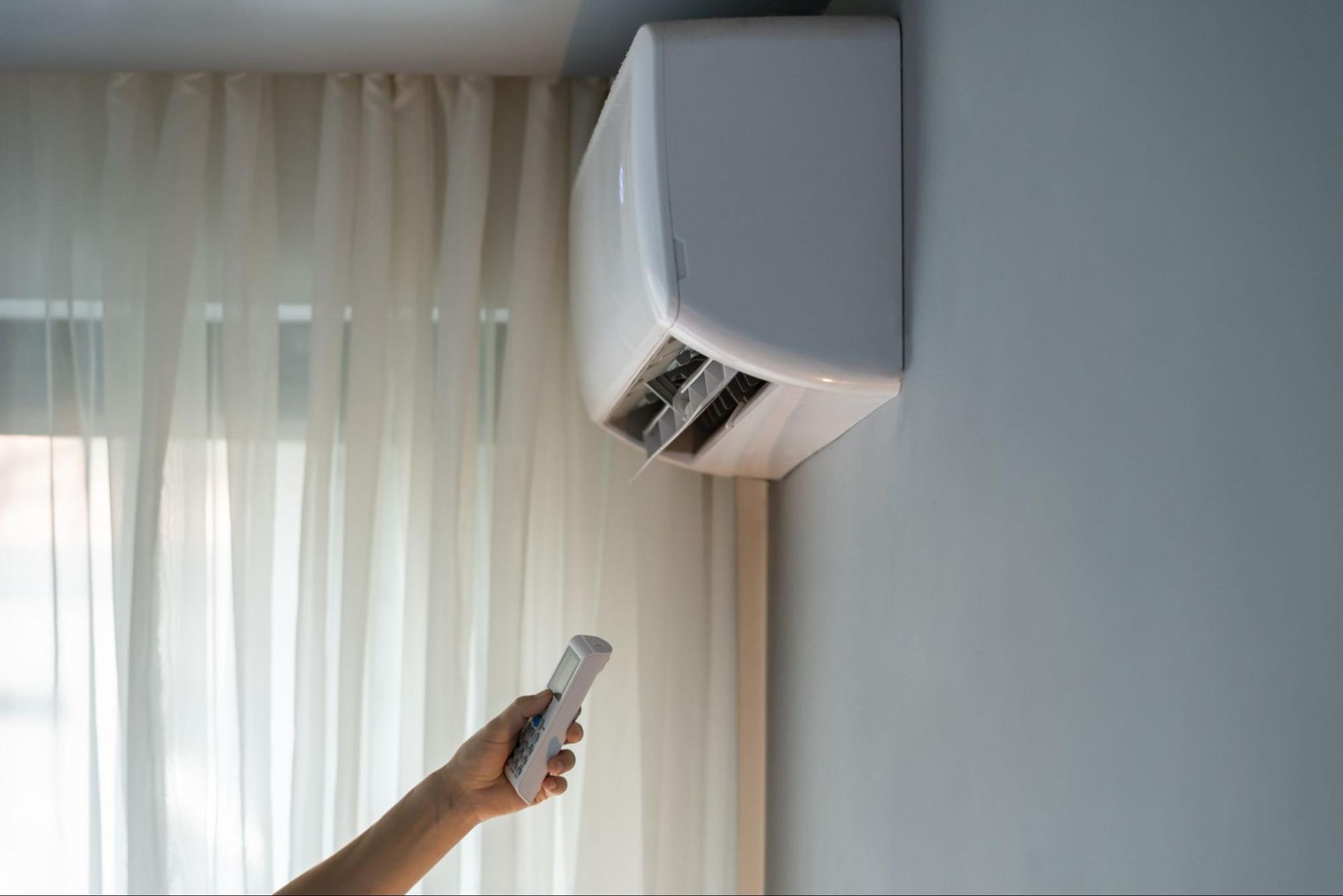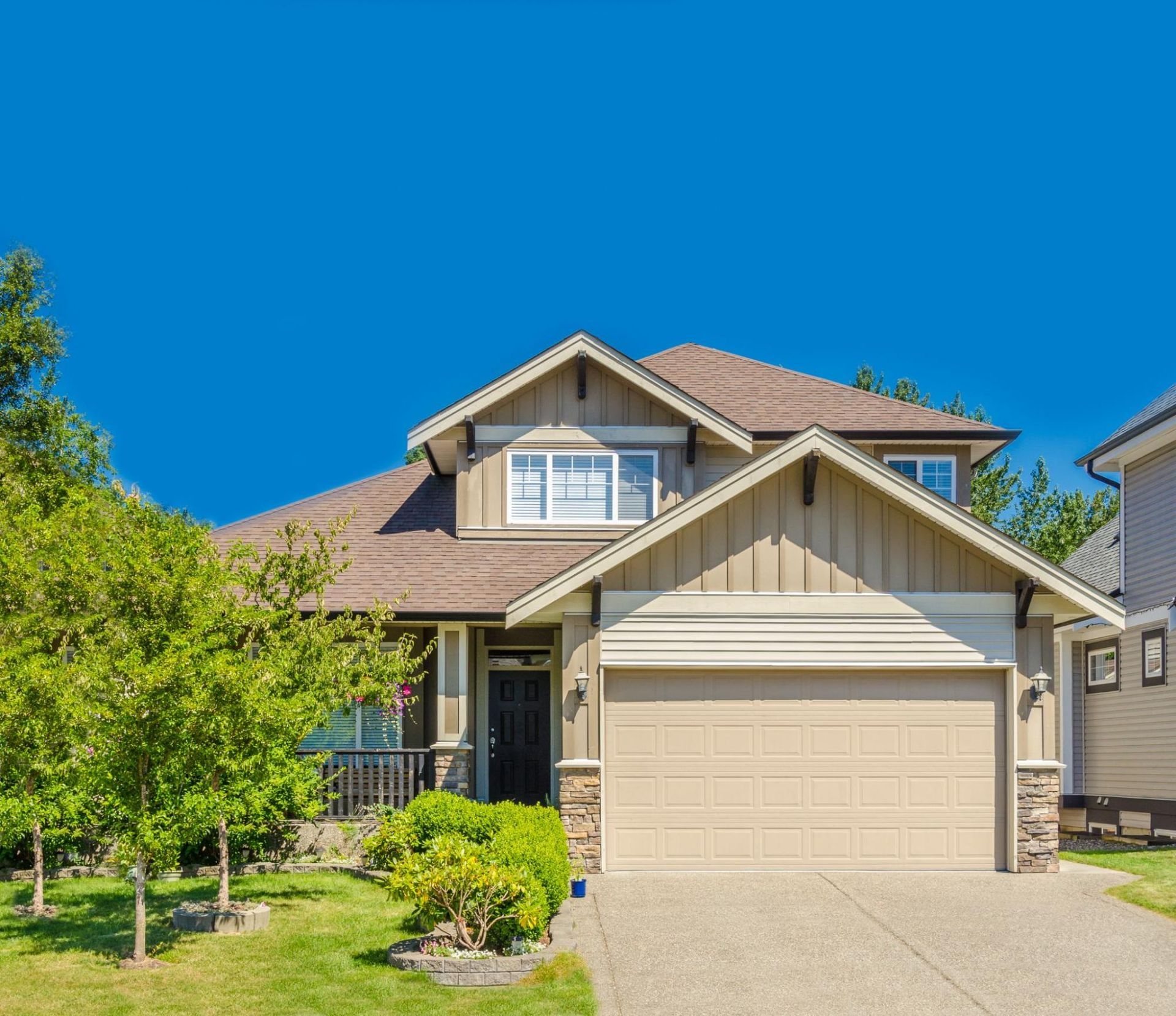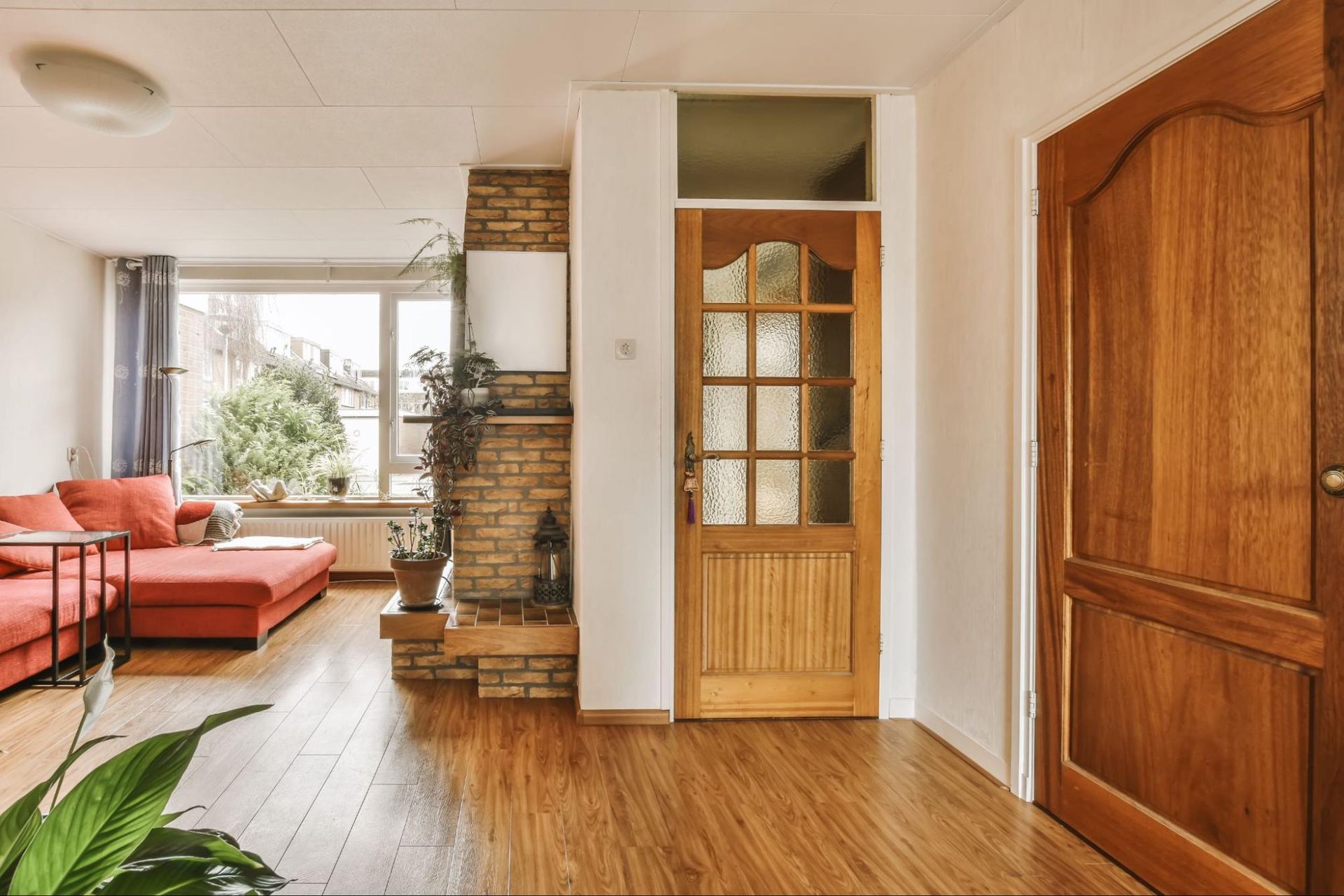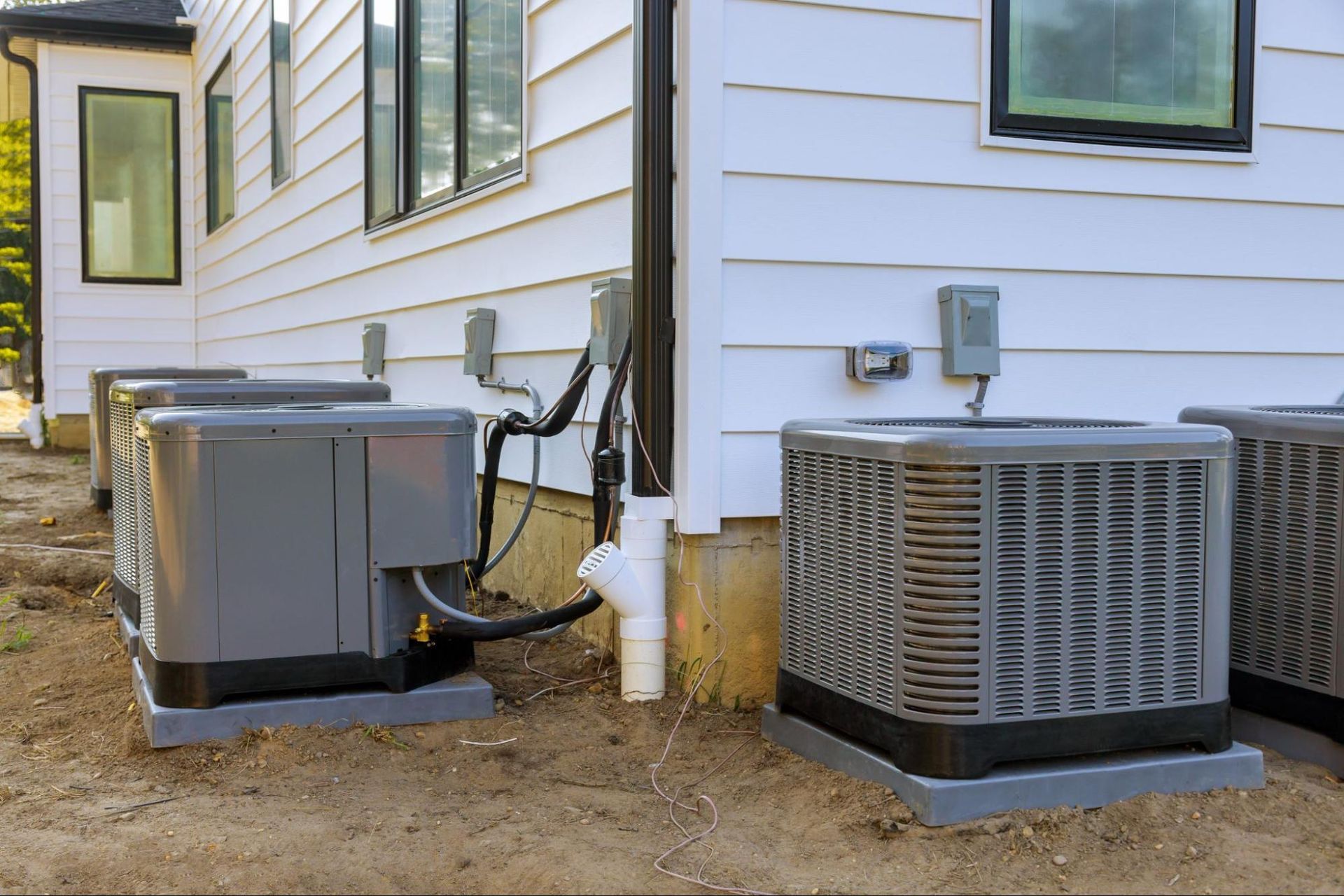Home Energy Audits Houston: Lower Your Bills & Boost Comfort in Our Hot Climate
This is a subtitle for your new post
Soaring energy bills and uncomfortable living spaces plague many Houston homeowners, leaving them frustrated and wondering where their money goes each month. The humid subtropical climate creates unique energy challenges that standard homes often struggle to address efficiently.
Professional home energy audits Houston offer a comprehensive solution to these problems. My Accurate Home Services provides these specialized assessments that identify energy inefficiencies, air leaks, insulation gaps, and outdated systems that contribute to wasted energy and money. Through detailed thermal imaging, blower door tests, and expert analysis, Houston homeowners can discover precisely how their homes perform and where improvements will yield the greatest returns.
What Is a Home Energy Audit and Why Houston Homeowners Need One
A home energy audit is a comprehensive assessment that identifies energy inefficiencies throughout a property. Professional auditors examine every aspect of a home's energy usage, from insulation and air sealing to HVAC systems and appliances, creating a detailed report of where energy is being wasted and how to fix these issues.
For Houston homeowners, energy audits are particularly valuable due to the region's climate challenges. With hot, humid summers where temperatures regularly exceed 90°F and mild but occasionally cold winters, Houston homes face unique energy demands. These climate conditions often lead to:
- Excessive cooling costs during long summer months
- Moisture-related issues affecting insulation effectiveness
- Air leakage problems unique to homes built on slab foundations
- Energy waste from systems working harder than necessary against humidity
Professional energy audits in Houston typically include specialized testing such as:
- Blower door tests that measure air leakage rates
- Infrared thermal imaging that visualizes temperature variations
- Duct leakage testing to identify HVAC inefficiencies
- Humidity level assessments to prevent moisture-related problems
The results from these assessments provide Houston homeowners with actionable recommendations for improving energy efficiency, reducing utility bills, and enhancing indoor comfort. Many audit findings lead to simple fixes with significant returns, such as adding weatherstripping, upgrading insulation, or sealing ductwork.
With Houston electricity rates often higher than the national average, investing in an energy audit offers substantial long-term savings. Homeowners who implement audit recommendations typically see 10-30% reductions in their energy costs while simultaneously improving their home's comfort and air quality.
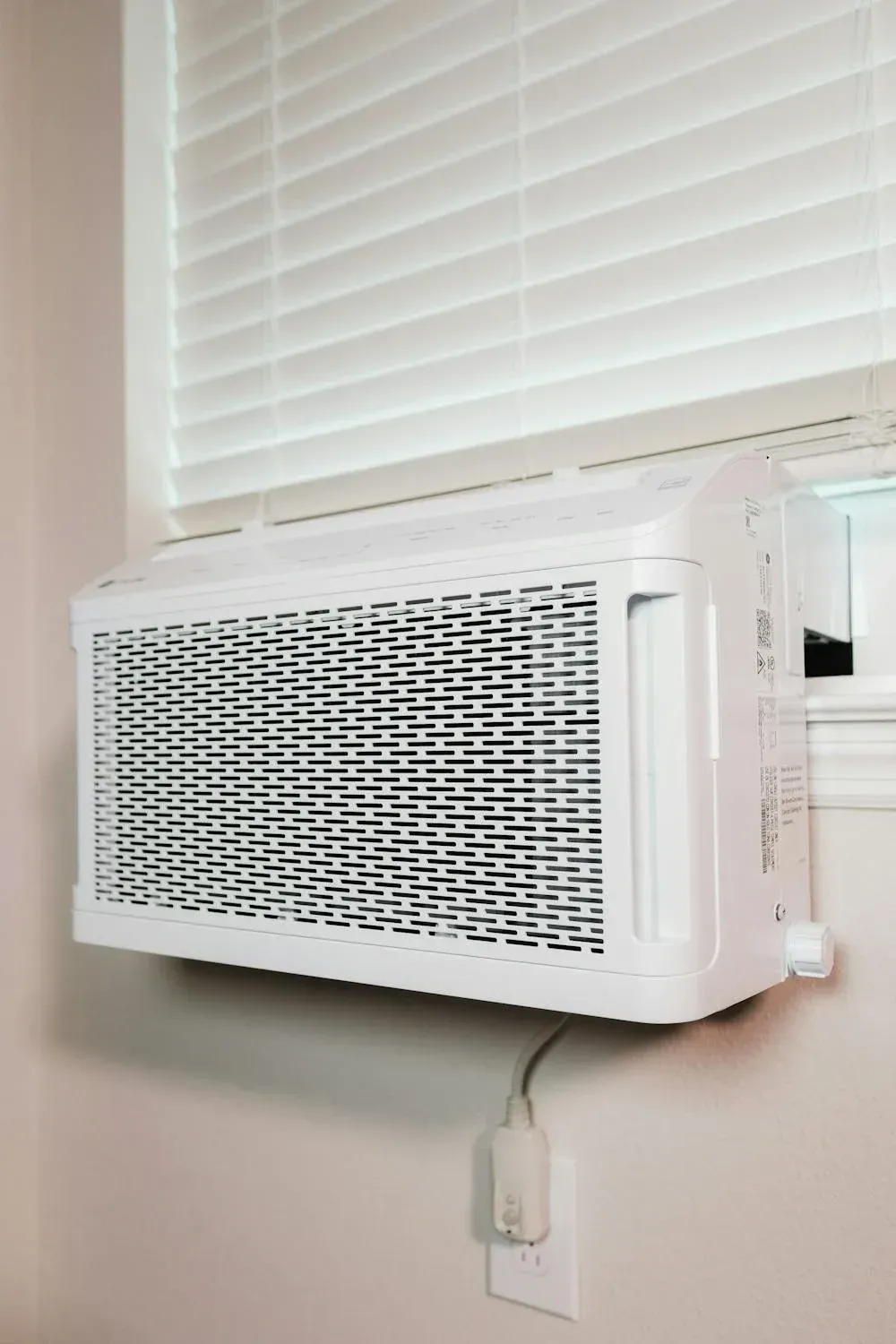
Top Benefits of Home Energy Audits Houston in Houston's Climate
Home energy audits offer Houston homeowners significant advantages tailored to the region's unique climate challenges. These comprehensive assessments pinpoint energy inefficiencies specific to Houston's hot, humid conditions, delivering both immediate and long-term benefits.
Lower Energy Bills in Hot and Humid Conditions
Energy audits dramatically reduce utility costs for Houston homeowners dealing with the city's extreme climate. A professional audit identifies cooling system inefficiencies that typically account for 50-70% of summer energy consumption. Technicians locate air leaks around windows, doors, and ductwork that force air conditioners to work harder, often discovering 30+ leakage points in the average Houston home. The audit also evaluates insulation quality, particularly in attics where temperatures can exceed 140°F during summer months. By implementing audit recommendations, homeowners typically save 15-25% on monthly energy bills—translating to $300-$500 annually for the average Houston household. These savings become even more significant during peak summer months when electricity rates spike due to increased demand throughout the Texas power grid.
Improved Home Comfort Year-Round
Energy audits transform Houston homes into comfortable living spaces regardless of outside conditions. Professional auditors identify temperature inconsistencies between rooms—often varying by 5-10 degrees—and pinpoint causes such as inadequate insulation, duct leakage, or improper HVAC sizing. The audit examines humidity control issues, critical in Houston where outdoor humidity regularly exceeds 80%, creating ideal conditions for mold growth and wood rot. Technicians locate air infiltration points that introduce allergens, dust, and outdoor pollutants, affecting indoor air quality. The assessment also evaluates ventilation effectiveness, ensuring proper air exchange while maintaining energy efficiency. By addressing these findings, homeowners experience consistent temperatures throughout their homes, reduced humidity levels, fewer allergy symptoms, and eliminated drafts or hot spots. These improvements create living spaces that remain comfortable during both Houston's sweltering summers and occasional winter cold snaps.
Common Energy Issues Found in Houston Homes
Professional energy audits in Houston consistently uncover several recurring problems that contribute to high energy bills and decreased comfort. These issues stem from Houston's unique climate challenges and often go undetected until a comprehensive assessment reveals their impact on a home's energy performance.
Air Leakage and Insulation Problems
Air leakage ranks as the #1 energy efficiency problem in Houston homes, with audits revealing that the average residence loses 20-30% of conditioned air through gaps and cracks. These leaks typically occur around windows, doors, electrical outlets, and attic hatches, allowing precious cooled air to escape while humid outdoor air infiltrates. Insulation deficiencies compound these problems, with 65% of Houston homes having inadequate attic insulation (R-30 or less instead of the recommended R-38 to R-49). The combination of poor air sealing and insufficient insulation creates a perfect storm for energy waste, particularly during scorching summer months when cooling systems run constantly. Energy auditors use thermal imaging to pinpoint these invisible heat transfer points, revealing temperature variations that indicate where improvements would yield the greatest energy savings.
HVAC Efficiency Challenges
Houston's HVAC systems face extraordinary demands, operating at maximum capacity for 8-9 months annually due to the region's prolonged hot season. Energy audits frequently detect systems operating at 60-75% efficiency rather than the 95-97% possible with proper maintenance and sizing. Common problems include oversized units that short-cycle, improperly sealed ductwork leaking 20-30% of conditioned air into unconditioned spaces, and neglected maintenance causing airflow restrictions. The high humidity levels in Houston (averaging 75-80%) force cooling systems to work harder, as they must remove moisture while lowering temperatures. Audits typically uncover that HVAC systems account for 50-60% of total home energy consumption in Houston residences. Professional inspections identify these efficiency drains through specialized equipment that measures airflow, temperature differentials, and system performance metrics under actual operating conditions.
How to Choose a Qualified Home Energy Auditor in Houston
Selecting the right energy auditor is crucial for obtaining accurate assessments and actionable recommendations for your Houston home. Independent third-party inspectors with proper training and certification provide the most reliable energy audits, ensuring compliance with building codes and energy efficiency standards.
Certification and Experience Requirements
Professional energy auditors in Houston should hold recognized certifications that validate their expertise and knowledge. Look for auditors certified by the Building Performance Institute (BPI), Residential Energy Services Network (RESNET), or those holding a Home Energy Rating System (HERS) Rater certification. These credentials demonstrate that the inspector has completed specialized training in building science, energy efficiency principles, and testing protocols specific to Houston's climate challenges. Experience matters significantly—qualified auditors typically have 3-5 years of field experience conducting comprehensive assessments of residential properties in humid subtropical environments. Verify that potential auditors have performed at least 50 energy audits in the Houston area, as this ensures familiarity with common regional issues such as excessive moisture problems, air sealing challenges in older homes, and HVAC optimization for high-humidity conditions.
Questions to Ask Before Hiring
Interview potential energy auditors thoroughly to determine their qualifications and approach to home energy assessments. Ask: "What specific testing equipment do you use for Houston homes?" Qualified auditors utilize infrared cameras, blower door systems, and humidity meters customized for Gulf Coast conditions. Request information about their inspection process: "How long does a typical audit take for a 2,000-square-foot home?" Comprehensive audits require 3-4 hours for thorough assessment. Inquire about their reporting: "Will you provide a detailed written report with prioritized recommendations and cost estimates?" Professional auditors deliver actionable reports within 48 hours. Additionally, ask: "Can you provide 3-5 references from recent Houston clients?" and "What follow-up support do you offer after the audit?" This helps verify their service quality and ongoing commitment to client success. Selecting a properly qualified energy auditor ensures your home receives an accurate, comprehensive assessment.
Cost of Home Energy Audits in Houston: What to Expect
Home energy audit pricing in Houston varies based on home size, audit depth, and provider qualifications. Basic energy assessments typically range from $150-$300 for average-sized homes (1,500-2,500 square feet). These assessments include visual inspections and basic diagnostic testing.
Comprehensive professional energy audits cost $300-$700 and offer significant value through detailed analysis using advanced equipment. These audits include blower door tests, thermal imaging scans, and duct leakage testing, providing homeowners with precise data on energy performance.
Several factors influence audit pricing:
- Home size: Larger homes require more time and resources
- Home age: Older homes often need more extensive testing
- Audit complexity: Advanced technical assessments cost more
- Provider credentials: BPI or RESNET certified auditors charge premium rates
The investment pays for itself through energy savings, with most Houston homeowners recouping audit costs within 6-12 months through reduced utility bills. Professional energy audits typically identify savings of $200-$600 annually, representing a 10-30% reduction in energy costs.
Many Houston energy audit providers offer package deals that include both the assessment and implementation of recommended improvements. These packages provide better value as the provider can immediately address identified issues rather than requiring separate service calls.
For the most accurate, comprehensive home energy assessment in Houston, choose a professional inspection company with proper certifications and specialized equipment. My Accurate Home Services provides thorough energy audits tailored to Houston's unique climate challenges.
The Home Energy Audit Process: What Houston Homeowners Should Know
A professional home energy audit follows a systematic approach designed to evaluate every aspect of a home's energy performance. Houston homeowners experience a thorough evaluation that typically takes 2-3 hours to complete, depending on property size and complexity.
The process begins with a preliminary interview where auditors discuss specific concerns like high utility bills, uncomfortable rooms, or moisture issues. This information helps them target problem areas during the inspection. Next, auditors conduct an exterior assessment, examining the building envelope, window conditions, roof characteristics, and outdoor HVAC components.
The interior inspection includes detailed analysis of attic insulation levels, wall insulation using thermal imaging, ductwork inspection for leakage points, and HVAC system evaluation. Professional auditors use specialized equipment throughout this process:
- Blower door tests measure air leakage rates by depressurizing the home
- Infrared cameras detect temperature variations indicating insulation gaps
- Moisture meters identify potential humidity issues common in Houston homes
- Combustion analyzers ensure gas appliances operate safely and efficiently
After data collection, auditors compile findings into a comprehensive report that prioritizes recommendations based on cost-effectiveness and potential energy savings. This report includes thermal images identifying problem areas, quantified air leakage measurements, and specific improvement options with estimated costs and savings.
The most effective energy audits conclude with a detailed walkthrough where auditors explain findings and answer questions, ensuring homeowners understand the path toward improved energy efficiency.
Conclusion
Home energy audits represent a smart investment for Houston homeowners looking to combat high utility bills and improve comfort in their challenging climate. Taking this proactive step typically yields energy savings of 15-25% while creating more consistent indoor temperatures and better air quality throughout the year.
With available incentives from CenterPoint Energy the City of Houston and federal tax credits homeowners can reduce audit and improvement costs by 40-70%. Most recoup their initial investment within 6-12 months through reduced monthly bills.
Whether choosing a comprehensive professional assessment or starting with a DIY approach addressing energy inefficiencies is essential in Houston's humid subtropical environment. By partnering with certified professionals homeowners can transform their properties into more efficient comfortable and valuable living spaces while contributing to a more sustainable future.
Frequently Asked Questions
What is a home energy audit?
A home energy audit is a comprehensive assessment that identifies where your home is losing energy and which systems are operating inefficiently. Professional auditors examine everything from insulation and air sealing to HVAC systems and appliances, creating a detailed report of energy waste issues and providing solutions to fix them. This evaluation helps homeowners understand how to improve energy efficiency and reduce utility costs.
How much can I save with a home energy audit in Houston?
Houston homeowners typically save 15-25% on monthly energy bills after implementing recommendations from an energy audit. This translates to approximately $300-$500 in annual savings, with even greater savings during peak summer months when electricity rates are highest. The initial investment in an audit usually pays for itself within 6-12 months through reduced utility bills.
How much does a home energy audit cost in Houston?
Home energy audit prices in Houston vary based on home size and audit comprehensiveness. Basic assessments range from $150-$300, while comprehensive professional audits cost between $300-$700. These more thorough evaluations include advanced testing equipment and detailed recommendations. Many providers offer package deals that include both assessment and implementation of key improvements.
What testing methods are used during a professional energy audit?
Professional energy auditors use specialized equipment including blower door tests to measure air leakage, infrared thermal imaging to detect insulation gaps and thermal bridges, duct leakage testing to identify HVAC inefficiencies, and humidity level assessments. These scientific methods provide precise measurements that help pinpoint exactly where energy is being wasted in your home.
Are there financial incentives available for energy improvements in Houston?
Yes, Houston homeowners can access multiple financial incentives. CenterPoint Energy offers rebates up to $1,000 for qualifying upgrades. The City of Houston provides grants covering 20-30% of project costs. The Texas PACE Authority offers low-interest financing. Federal tax incentives from the Inflation Reduction Act provide credits for efficiency upgrades. Combined, these can reduce costs by 40-70%.
What's the difference between professional and DIY energy audits?
Professional audits use specialized equipment like infrared cameras and blower door tests to provide comprehensive, precise assessments with detailed reports and prioritized recommendations. They typically cost $300-$700. DIY audits are more budget-friendly, using online tools and visual inspections to identify obvious issues, but lack the precision and thoroughness of professional evaluations.
What are common energy issues found in Houston homes?
The most common energy issues in Houston homes include air leakage (20-30% of conditioned air escapes through gaps), inadequate attic insulation, inefficient HVAC systems operating at only 60-75% capacity, and ductwork leaks. Houston's high humidity creates additional challenges, forcing cooling systems to work harder and increasing energy demands throughout homes.
How do I choose a qualified energy auditor in Houston?
Look for auditors certified by recognized organizations like the Building Performance Institute (BPI) or Residential Energy Services Network (RESNET). Choose independent third-party inspectors rather than contractors who might have conflicts of interest. Ask about their testing equipment, inspection process, and follow-up support. Verify they have specific experience with Houston's unique climate challenges.
How long does a home energy audit take?
A typical professional home energy audit takes 2-3 hours to complete. The process includes a preliminary interview, exterior and interior assessments using specialized equipment, data collection, and a final walkthrough where the auditor explains findings and answers questions. The comprehensive report with prioritized recommendations is usually delivered within a few days after the assessment.
How does Houston's climate affect home energy efficiency?
Houston's humid subtropical climate creates unique energy challenges. The high humidity forces cooling systems to work harder, increasing energy consumption. Moisture-related issues can compromise insulation effectiveness and create air quality problems. Temperature extremes lead to excessive cooling costs in summer. Professional energy audits address these specific regional challenges with targeted solutions.




